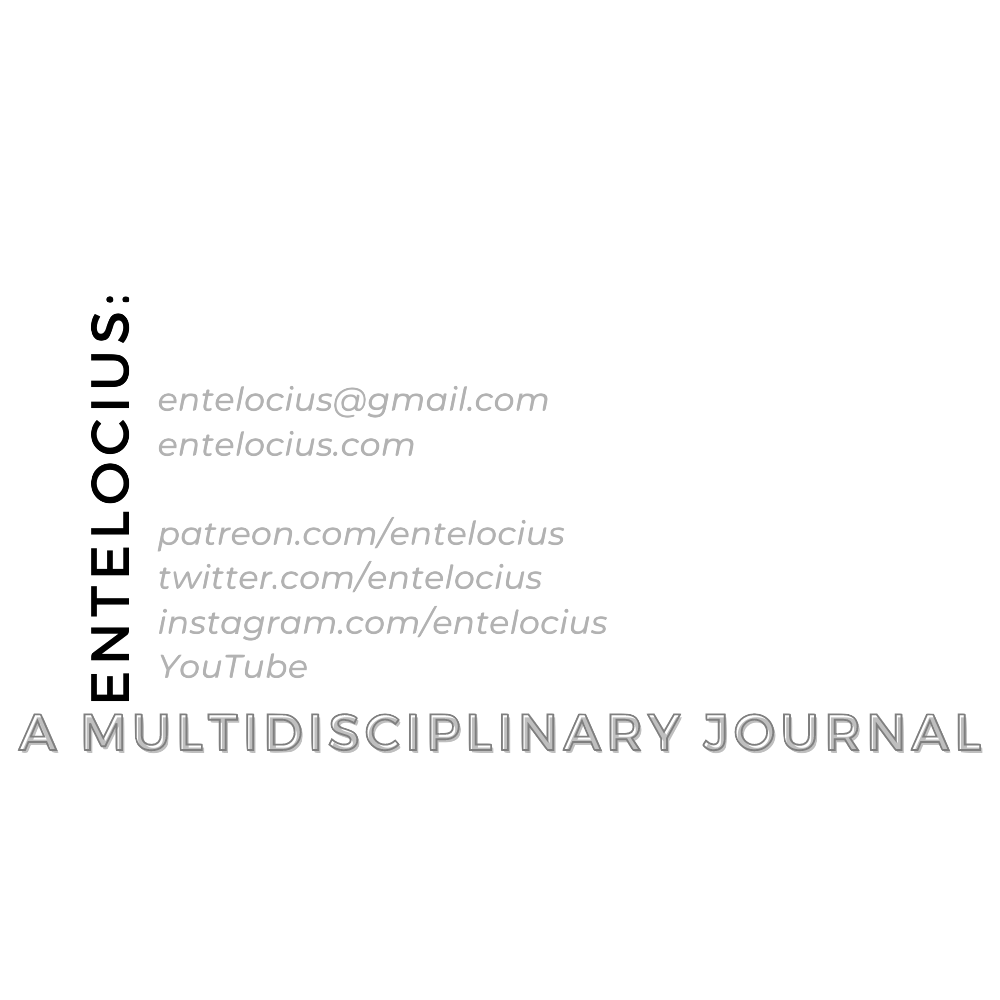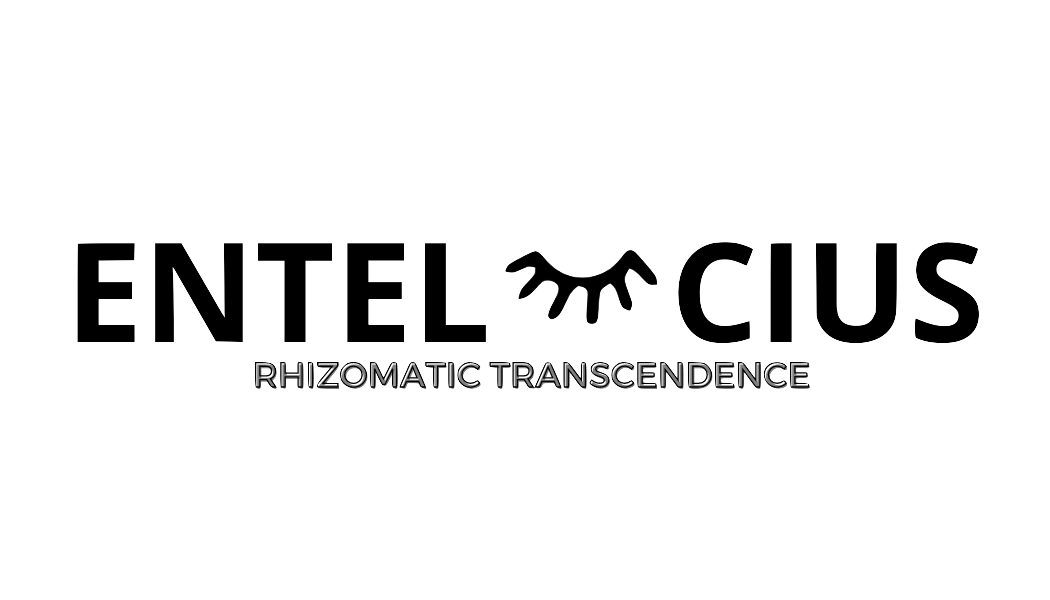The somatic-motor signal-to-morality
Nietzschean Übercybernetics
Keywords:
cybernetics, somatic, motor, Nietzsche, Superman, Übermensch, übercybernetics, morality, moral theory, moral philosophyAbstract
The practice of cybernetic wherewithal has sufficed to gather and disembody representations, myopic translations, and bleak paradigms of perceptual learning, but it has mostly lost its potential conduct. Obsessions with technological ascendance, depletions and dependencies, and vicarious, stultified, anti-gravitational ideologies have caused hypotrophy of the field of vision, ransacked prospective cybernetic currencies, and condoned cultural and moral mayhem in the form of artificially intelligent deliria, practical interlocutions, interjections, and usurpations—functions which subvert autonomous or self-determined properties. Similarly, popular culture has envisioned robotic charities, productivities, and duplicities of inherently, paradoxically limited, stockpile appeal, wherein the cybernetic locution—exhaustive, ungovernable, but thinly monitored—is, with few exceptions, divisively asocial, and as such incommensurate with taste, thus providing only thin and noisy solution to distal technocratic commitments. The present proposal integrates Nietzsche’s conceptions of Last Man and Übermensch (or Superman, as described in Thus Spake Zarathustra) with the goal of limning higher-order subsumptions of signal and humanistic predicates within the cybernetic abstraction, with systematic, somatic-motor convolution, towards moral authority. An übercybernetics is repeatedly enlivening, meaning retentive, accountable, and upstream-activational; conceptive, meaning redistributive, self-reflective, and possessional; and on-guard, meaning attentive, modular, and defensive. These postures are interactive, yet the latter is the disturbance and bottleneck invoking—and provoking—competent environmental measure. Similarly, the cybernetic Übermensch is assumed to be captivated, or under involuntary control; concerned, or under voluntary guidance; and indisposed, or physically disdained to the cause, and he is assumed to exist in these forms from a consecutive, linear,inter-compatible hybridization of the following mechanisms and properties: (i) Scalar propagation; (ii) Rule-making; (iii) Conservation indices; (iv) Excretion;(v) Revelations; (vi) Valuation; (vii) Narrative; (viii) Assemblances; (ix) Lengths; (x) Engineering; (xi) Parsimony; and (xii) Parlances. If, according to Nietzsche, “loving the Superman as thy motive” is the inviolable, climactic, superlative, and up-going apogee of our moral exercises, the furthest, mechanical love posits the arm has more to hold; the leg has many more weights to move; the head has yet itself to see; and that the voice knells madness named truth.
References
Deleuze, G., and Guattari, F. (1977). Anti-Oedipus: Capitalism and schizophrenia. New York: Viking Press, 1977.
Frick, R. B. (1982). The ego and the vestibulocerebellar system: Some theoretical perspectives. Psychoanalytic Quarterly, 51(1), 93-122.
Jeannerod, M. (2006). Motor cognition: What actions tell the self. Oxford University Press.
Menninger, K. A., Mayman, M., and Pruyser, P. W. (1963). The vital balance: The life process in mental health and illness. Viking Press.
Nietzsche, F. (1885). Thus spake Zarathustra.
Nietzsche, F. (1886). Beyond good and evil.

Downloads
Published
How to Cite
Issue
Section
License
Copyright (c) 2021 Entelocius: A multidisciplinary journal

This work is licensed under a Creative Commons Attribution-ShareAlike 4.0 International License.




